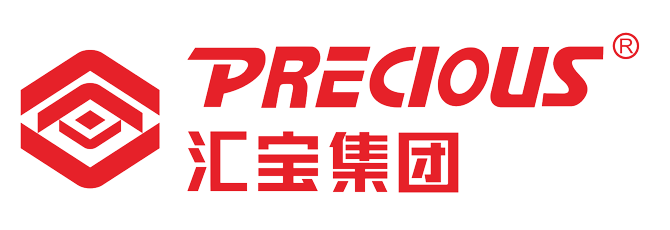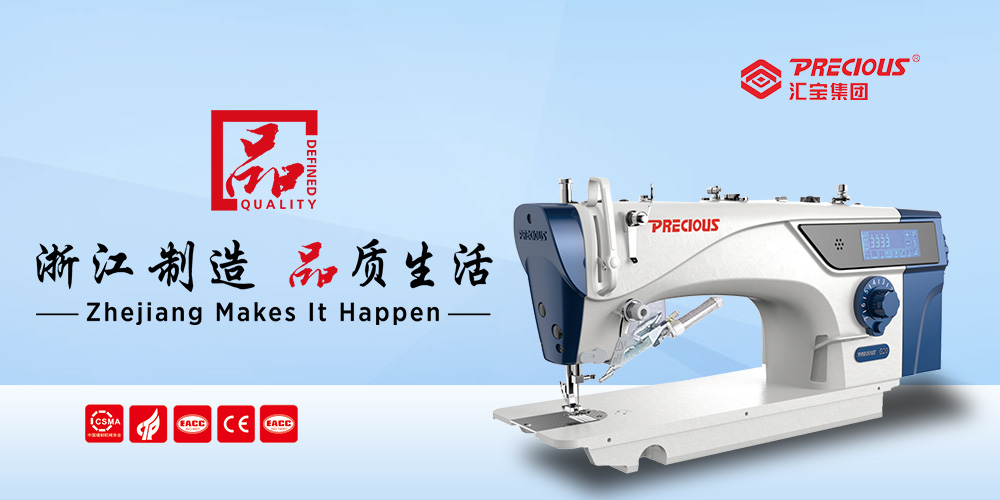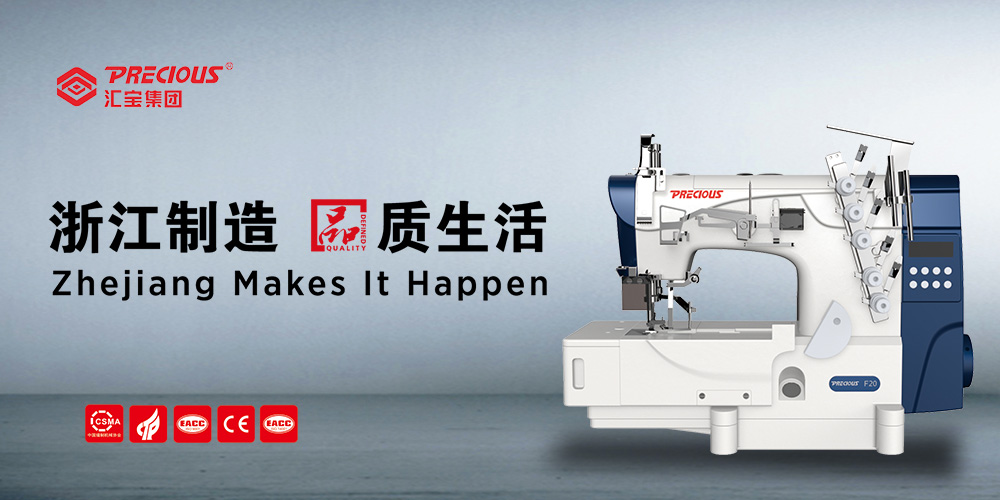Stitch in time
2007-11-1 0:00:00
WITH THE EVER-CHANGING commercial landscape, small businesses constantly have to evolve and adapt. For local business DKM Sewing & Design, a reduction of work from a major client has been the catalyst for innovation in product design and marketing.
"When business is good it’s very easy to rely on word of mouth to attract new customers. . . . Certainly a lull in the business makes you realize that actively seeking the new markets and customers is a necessity," says Bonnie Horne, owner and founder of DKM.
Ms. Horne’s business was hurt by the withdrawal of work from Ultra Electronics in Dartmouth.
"A lot of what we used to do for the Dartmouth company has moved to the States," she said.
Ultra Electronics manufactured sonar buoys and subcontracted all the sewing involved to DKM, which included cords, parachutes and drogues.
"We were doing 80,000 (parachutes) per year," said Ms. Horne.
"Now, at approximately 1,000 units per month, the drop in production definitely creates problems, layoffs, cash flow etc.," Ms. Horne said.
It might only be a temporary setback as DKM has been asked by the U.S. company to bid for the work. Unfortunately, the timing with the high Canadian dollar has not helped the situation. "When the Canadian dollar was low the exchange on U.S. sales was to our advantage and it had been that way for years. Now, a U.S. bid based on a 12- to 18-month period is actually scary," she said.
The current challenges faced by DKM reflect the ever-evolving Canadian business world. Ultra Electronics is also in a state of adjustment.
"Our business is changing . . . (and) we’re going more towards the service side and less towards the manufacturing. I think a lot of businesses are doing that, particularly these days the way the (Canadian) dollar is," said Sandy Mackay, the purchasing manager for Ultra Electronics.
Ultra Electronics was manufacturing the buoys for a sister company in the U.S. It was an arrangement that Mr. Mackay knew would eventually finish.
"We were doing it for them until they got up on their feet and were doing it properly. We would have lost the work no matter what the dollar was, what the (economic) conditions were," he said.
Over the past 10 years Ultra Electronics developed a good relationship with DKM and Mr. Mackay was helping Ms. Horne with her bid to recover the work.
"She’s got a pretty good business over there. Being in Halifax, she probably has a special niche. You might find a lot more people like her in big cities but not necessarily in the smaller cities," said Mr. Mackay.
While still determined to win back the sonar buoy work, Ms. Horne is taking the opportunity to create new work, both from her existing client base and outside. It’s a new challenge for her.
"I guess it’s been an easy street as far as sales goes over these 10 years, but now you have to get out and promote. And that’s something I didn’t really have to do; clients just came to me," she said.
"I’m going to be more active and get out there. . . . There are so many local businesses that don’t even know we exist."
DKM mainly deals with businesses in the Maritimes, but has also done work for firms in Ontario and the U.S. And Ms. Horne is working with existing clients to develop new products.
"We not only work with customer requests, but also try and introduce creative designs to supplement their existing products. . . . It could be bags, aprons, tablecloths, chair covers, napkins, lobster bibs, golf shirts, mittens, hats, pants, shirts, jackets, basically anything that’s customised," said Ms. Horne.
One of the interesting items the team is working on at the moment is a new line of doggy jackets, suitable for the most sophisticated of pooches.
"It’s fun to help customers transform their ideas into finished products."
Developing new products is no problem for Ms. Horne who has close to 30 years’ experience in the industry.
"I have been sewing for other people since I was 12. I started sewing, my mother tells me, when I was three."
Before starting DKM, Ms. Horne was a professional seamstress for over 18 years, the last 14 with Nova Sewing Contractors.
"I headed it (Nova Sewing Contractors) up, made patterns, taught sewers, hired sewers, that type of thing. I was basically running the place, other than sales," she said.
When Nova Sewing Contractors closed in 1997, Ms. Horne started her own business.
"I used my Visa to buy as much of the equipment they were selling off as I could. . . . Within six months I had got back some of the major contracts that were lost due to the closure. . . . A bad thing turned into a good thing actually.
"My transition was smooth because it had been built upon for years and I was the person that most customers knew."
Ms. Horne has thrived on the challenges she has faced over the past decade.
"It’s certainly been fun and enjoyable. You go home with a smile on your face usually. Some days can be stressful . . . but I have no regrets."
Many of Ms. Horne’s employees are immigrants.
"(I’ve had) employees from Vietnam, Bosnia, Croatia, Ukraine, Romania, Iran, Iraq, Syria, Afghanistan, where ever the world has trouble and people are heading to Canada and looking for work."
It has made for an interesting workplace dynamic and Ms. Horne spends her day helping out with English and "partying with the women as they become Canadian."
"They think that I just give to them, but that’s not the case. You get back much more in return. They’re fabulous people.
"Also the satisfaction in what you’re making and pleasing your customers. And it’s always exciting coming up with a new design.
"But the people factor has probably been the highlight."
’A lull in business makes you realize that actively seeking the new markets and customers is a necessity.’













